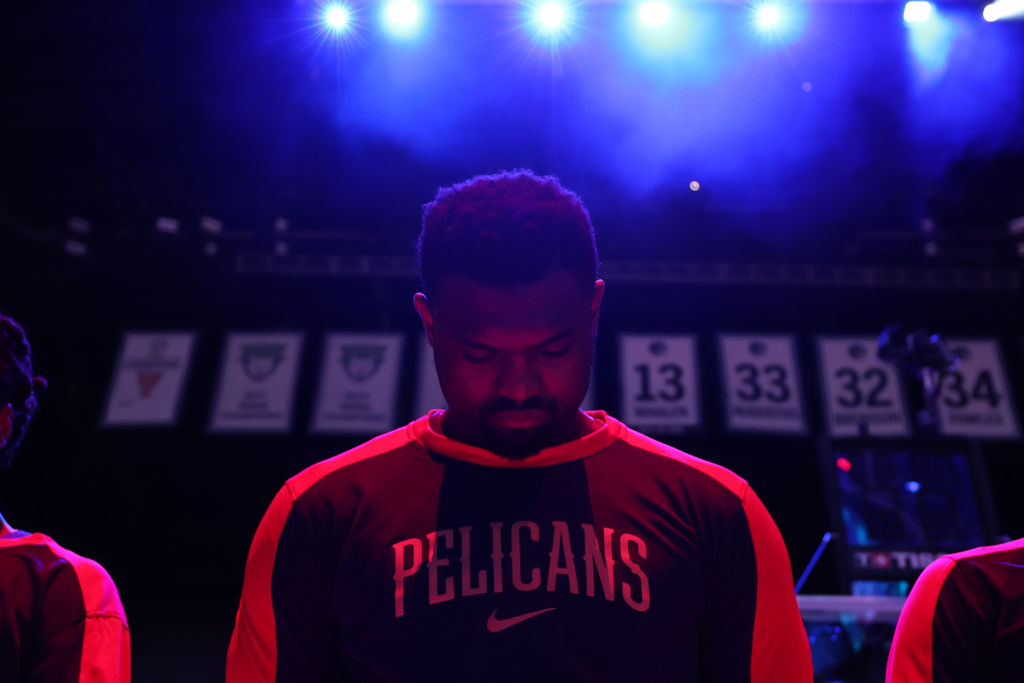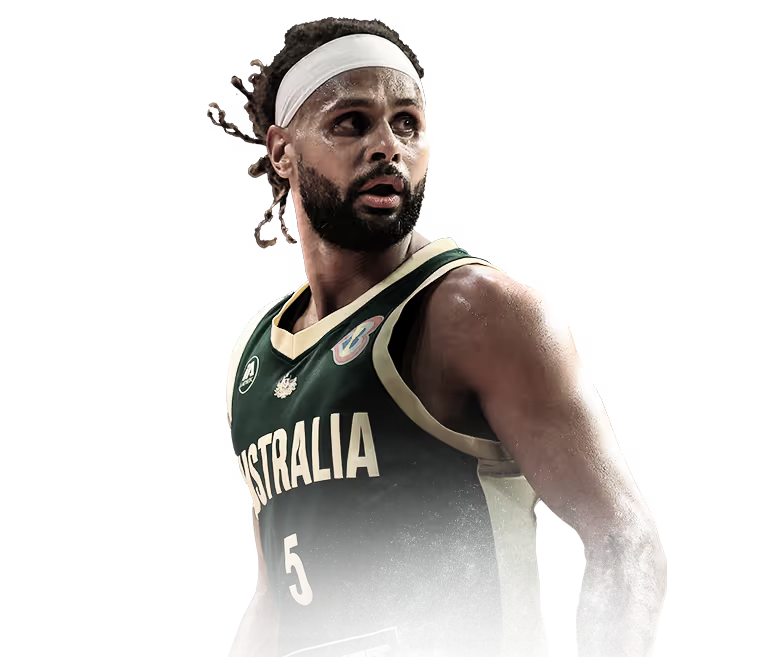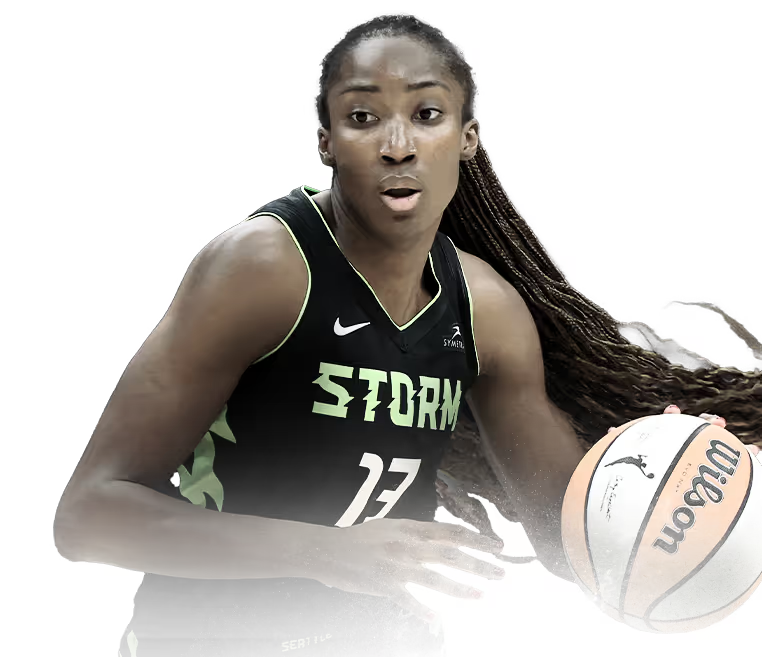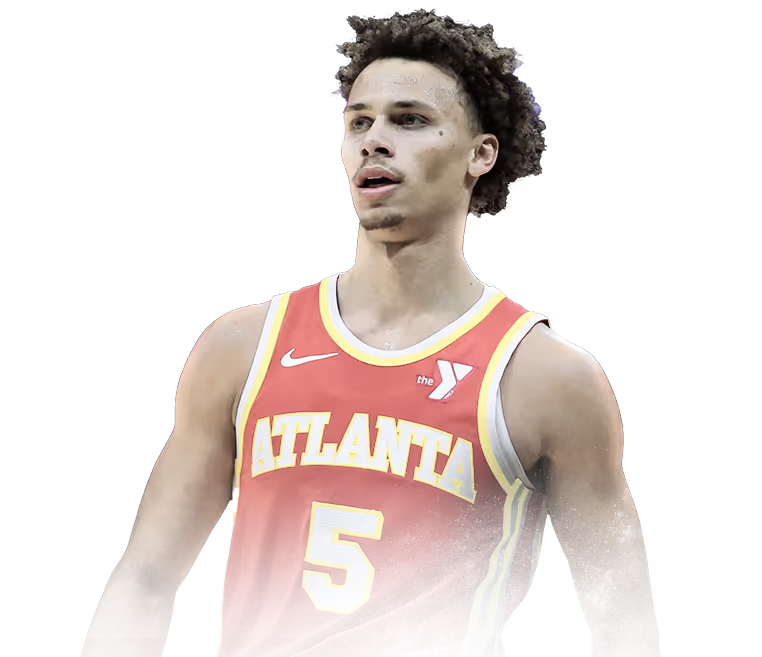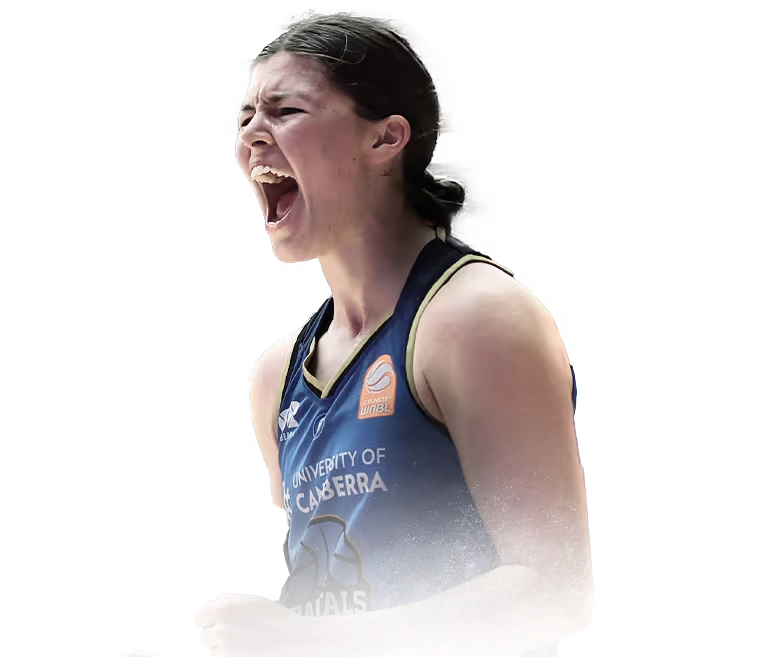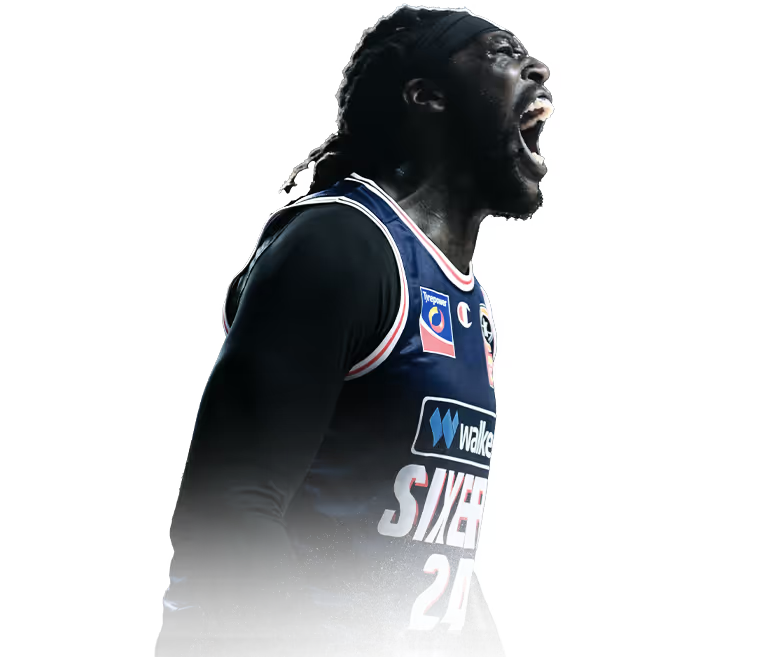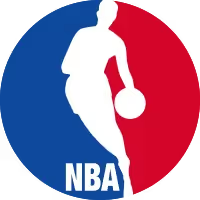

27
Oct
Injury
Josh Giddey questionable ahead of Dyson match-up
Featured
Bulls guard Josh Giddey is questionable vs. Hawks with a right finger sprain.
- Josh Giddey locks in $100M deal with Chicago Bulls
- Josh Giddey's Chicago Bulls contract 'stalemate' explained
- Latest News: Read more about Aussies in the NBA here
Chicago Bulls guard Josh Giddey has been listed as questionable for Tuesday’s matchup against Dyson Daniels' Atlanta Hawks due to a sprain to the fourth metacarpophalangeal (knuckle) joint in his right finger.
The Australian guard appeared to sustain the issue late in the Bulls’ 110–98 win against the Orlando Magic, exiting the game with 4:27 remaining. Kevin Huerter checked in as Chicago closed out the win behind Tre Jones and Ayo Dosunmu’s strong play.
Giddey has made a strong start to his first season in Chicago, averaging 20.0 points, 6.5 rebounds, and 7.0 assists across the opening two games.
His presence has been central to the Bulls’ 2–0 start with wins over Detroit and Orlando.
The team is expected to monitor his status closely ahead of tip-off in Atlanta, with an update to come closer to game time.
What it means medically for Josh Giddey
- Sprain — a stretching or tearing of ligaments (the tough connective tissues that hold bones together at a joint).
- Fourth metacarpophalangeal joint (MCP joint) — this is the knuckle of the ring finger (the fourth finger).
- “Metacarpal” refers to the long hand bone.
- “Phalangeal” refers to the finger bone.
- So the MCP joint is where the finger meets the hand — the knuckle you see when you make a fist.
What it means functionally
A sprain in this joint means the ligaments that stabilise the ring finger’s knuckle have been overstretched or partially torn.
It can cause:
- Pain and tenderness around the knuckle
- Swelling or bruising
- Reduced grip strength or finger movement
- Sometimes visible deformity if severe
Common causes
- Impact injuries (e.g., hitting the knuckle on a hard surface, jamming it during sport)
- Overextension or twisting of the finger
Typical treatment
Depending on severity (Grade 1–3 sprain):
- Rest, ice, compression, elevation (RICE)
- Buddy taping or splinting to protect the joint
- Anti-inflammatory medication
- Hand therapy for range of motion and strength recovery
- In severe cases (complete ligament tear or joint instability): surgical repair
Exclusive Newsletter
Aussies in your Inbox: Don't miss a point, assist rebound or steal by Aussies competing overseas. Sign-up now!


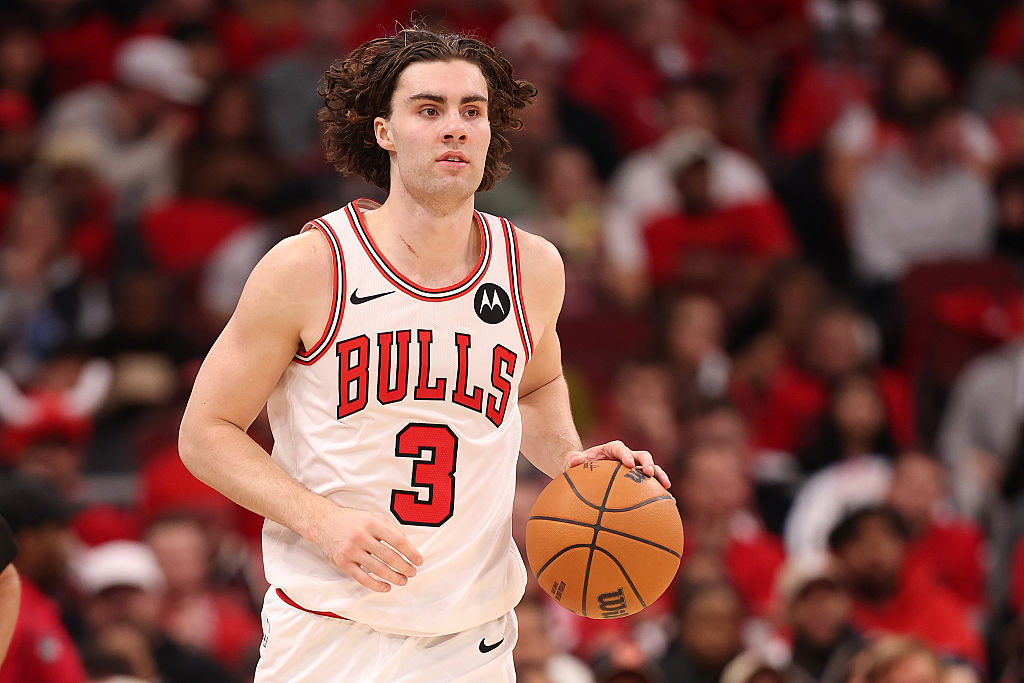
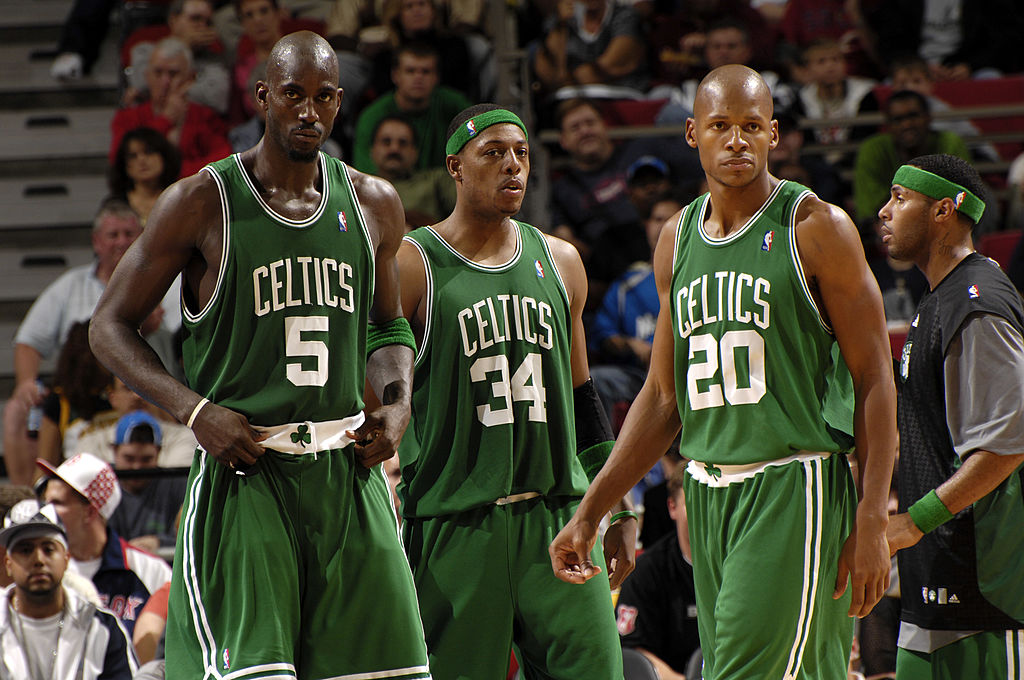

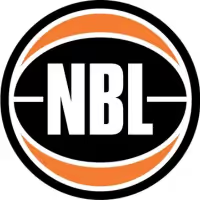
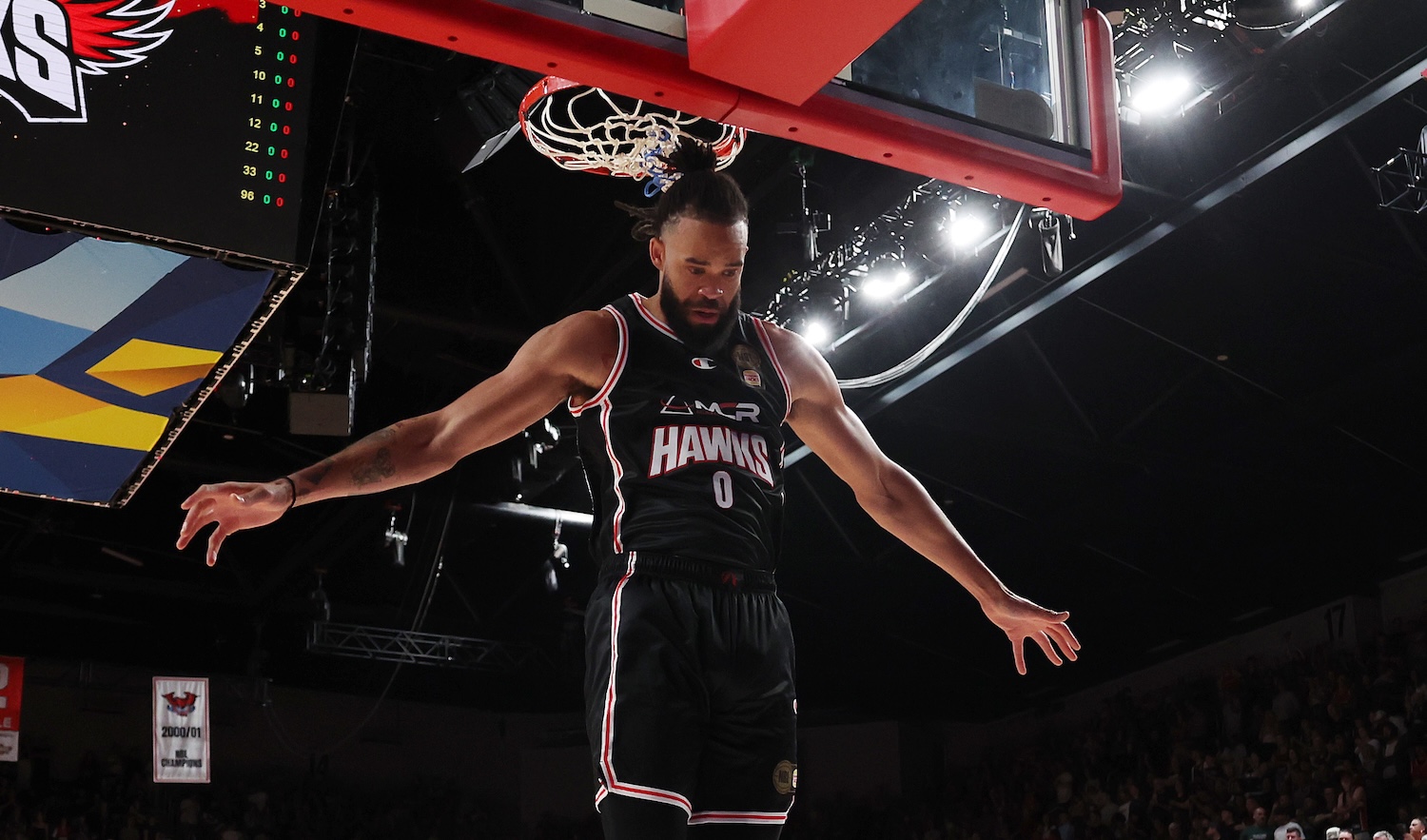
.jpg)


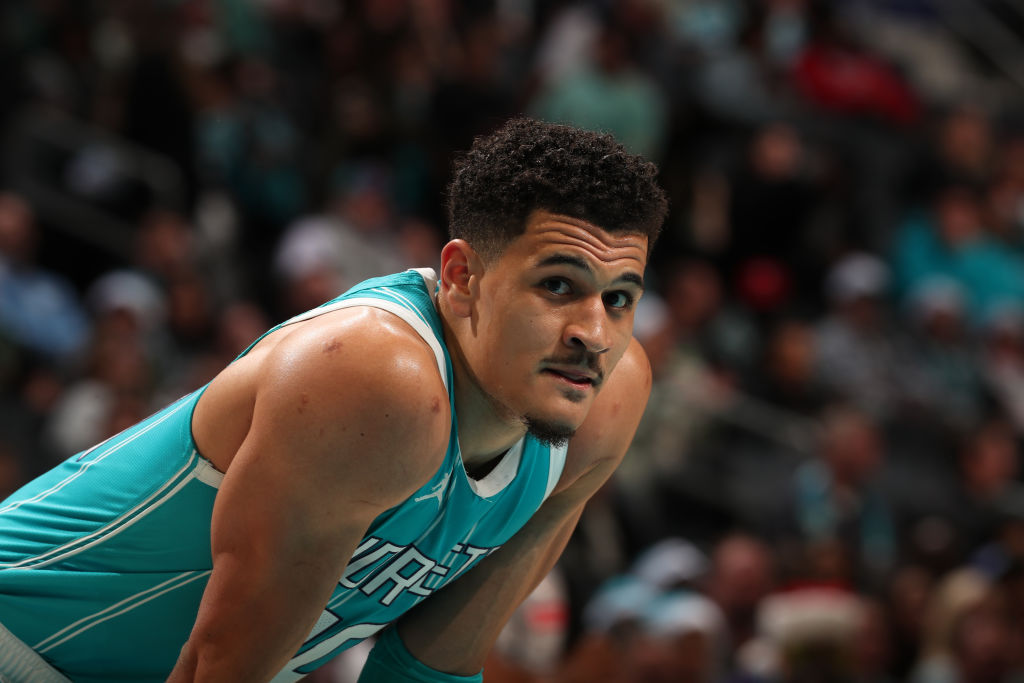








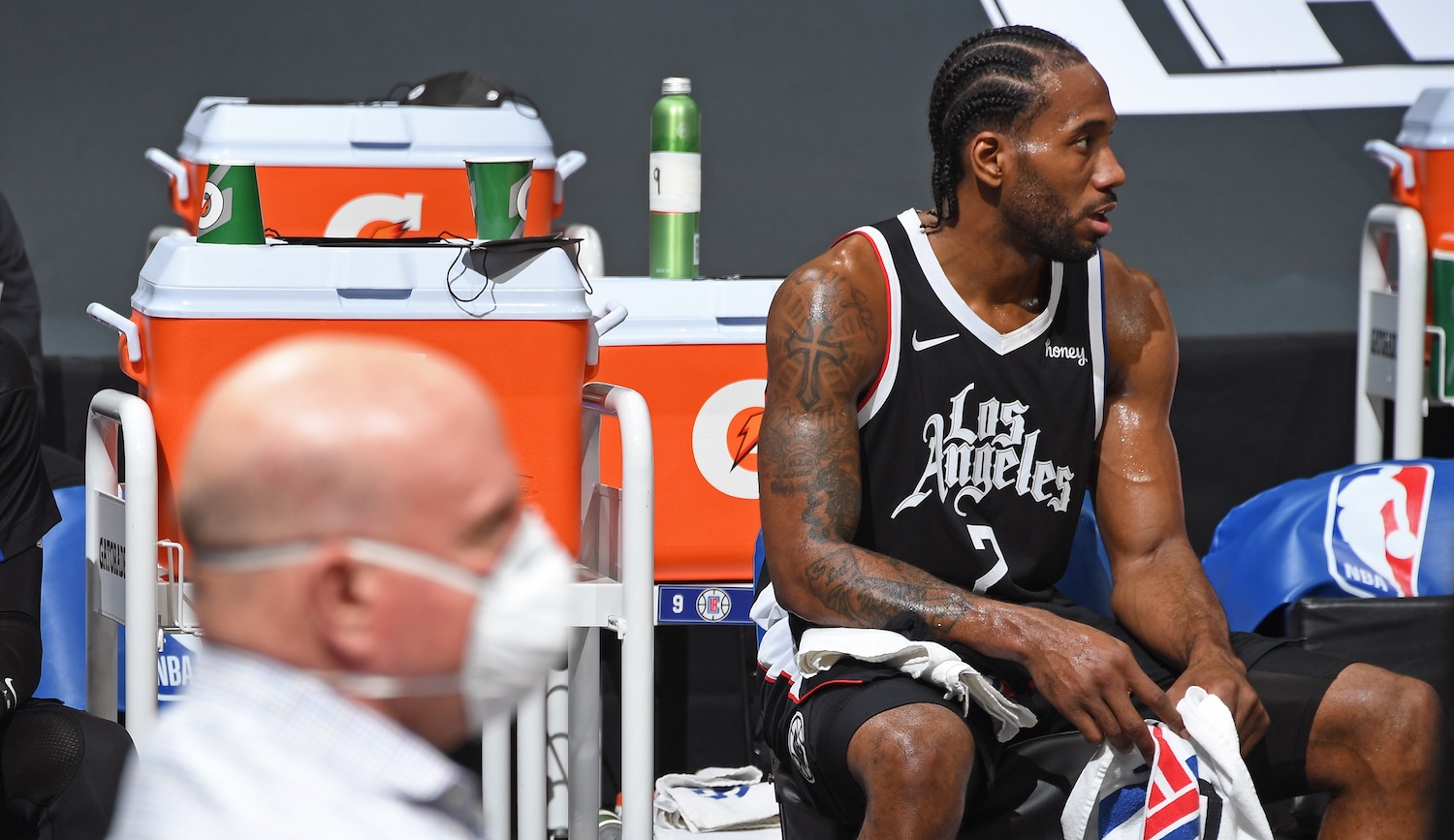
.avif)
